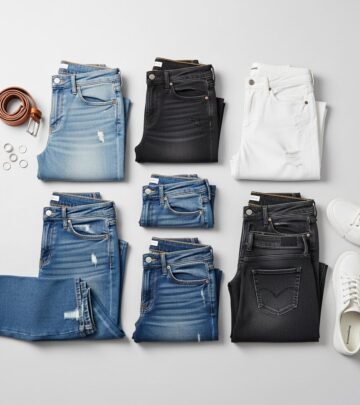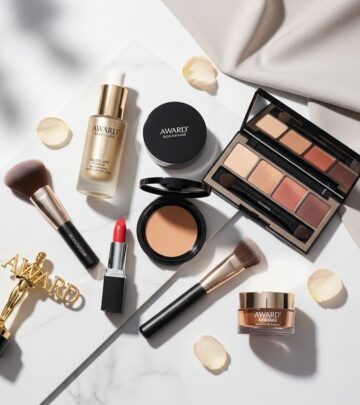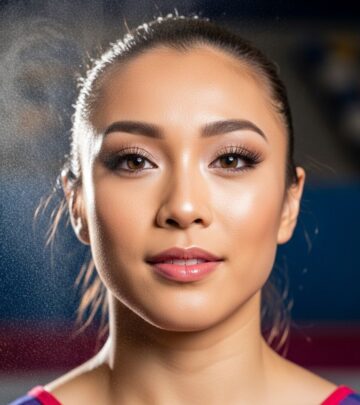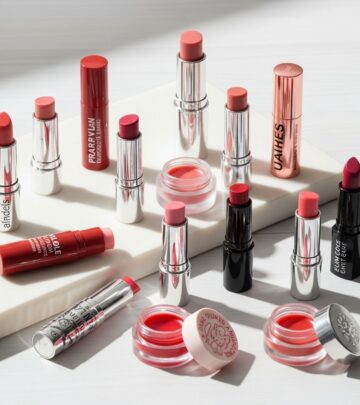An Argentinian Town Bans Beauty Pageants: The Fight Against Objectification
Why a landmark decision in Argentina to ban beauty pageants is stirring debate on sexism, violence, and changing social values.
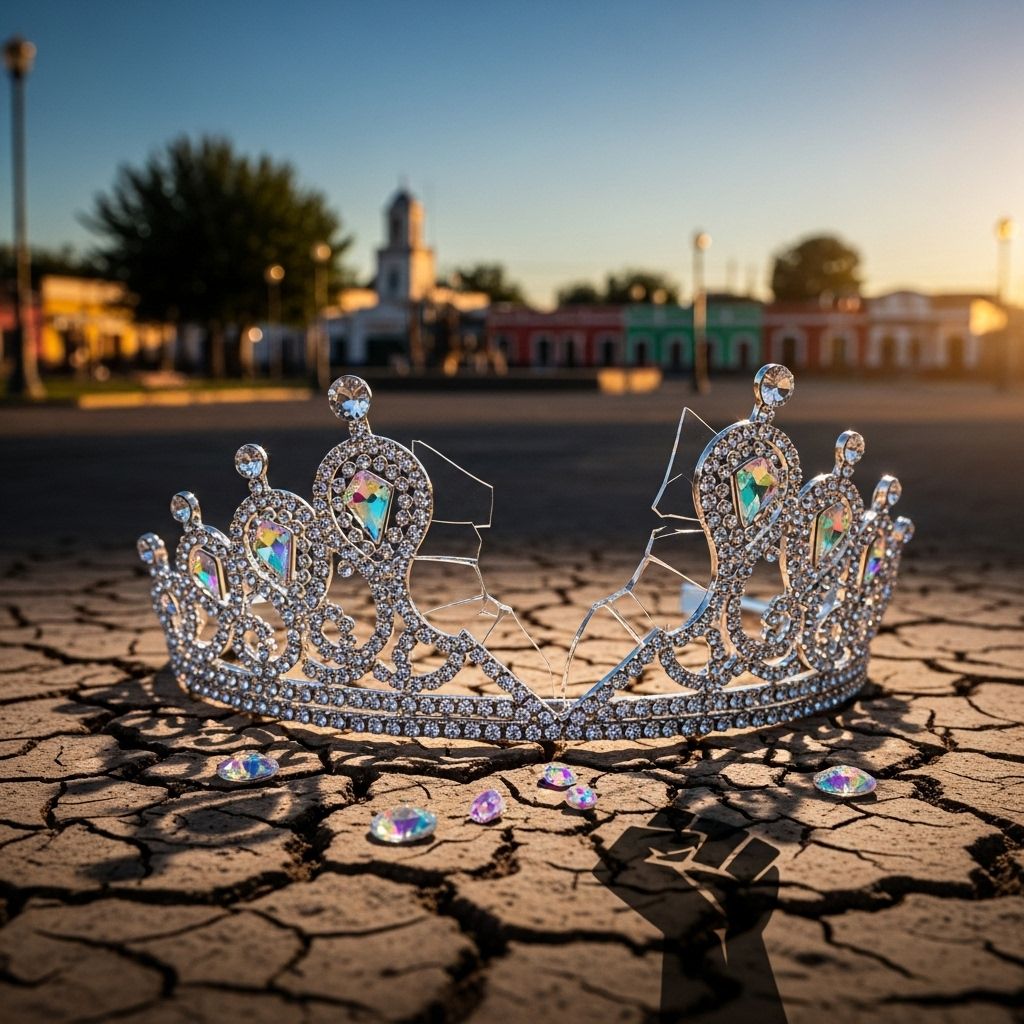
Chivilcoy’s Historic Ban: Challenging Beauty Pageants and Reinforcing Change
In 2014, the town of Chivilcoy in Argentina made history by becoming the nation’s first municipality to formally outlaw beauty pageants. This move, both praised and debated, marked a pivotal moment in the country’s ongoing struggle against gender-based discrimination and the objectification of women.
Understanding the Ban: Key Motivations
The local council’s decision was grounded in growing criticism that beauty contests:
- Promote an obsession with physical appearance at the expense of character, intelligence, or achievement
- Reinforce sexist stereotypes that assign a woman’s value to her looks
- Encourage unhealthy behaviors, such as disordered eating, among young participants
- Constitute “symbolic and institutional violence” against women and girls
The official statement from Chivilcoy’s council emphasized that beauty pageants “reinforce the idea that women must be valued and rewarded exclusively by their physical appearance, based on stereotypes” – a stance at odds with broader social movements seeking gender equality.
The Broader Social Context: Beauty Pageants in Argentina
For decades, beauty pageants like Miss Reef and regional contests have played a visible role in Argentine culture, especially in popular resort towns such as Mar del Plata. Yet these events have long stirred controversy for their focus on physical aesthetics and the way they present women to the public.
‘Miss Reef’ and the Tide of Change
Until its 2016 suspension, the Miss Reef contest was a highlight in the summer calendar—famed for its bikini-clad contestants parading before a predominantly male audience. But as public consciousness shifted, mounting concern over femicide (the killing of women and girls due to gender) and sexualized entertainment led organizers to suspend the event, stating they needed “to rethink its format” due to “the sensibility of the issue in Argentina.”
- Miss Reef: Known for its controversial rating system and visual spectacle.
- Female participants: Routinely objectified and subjected to narrow beauty standards.
- Public backlash led to “rethinking” beauty-based competitions.
The Growing Movement Against Objectification
Chivilcoy’s move was not isolated. By the mid-2010s, at least 20 Argentine municipalities had already prohibited such contests. This was part of a broader groundswell, fed by campaigns and marches like #NiUnaMenos (“Not One [Woman] Less”), demanding an end to gender violence and contesting the normalcy of women being evaluated as objects.
- Motivation: Combat the objectification of women and sexist evaluation.
- Opposition: Some argue that these contests offer career opportunities in entertainment or modeling.
- Support: Women’s groups and activists champion the bans as means to erase misogynist traditions.
Psychological and Social Implications of Beauty Pageants
The criticisms levied against beauty contests are not merely ideological—they’re also supported by research and testimonies:
- Encouragement of Eating Disorders: Focus on thinness and perfection can foster harmful behaviors like bulimia and anorexia.
- Damage to Self-Esteem: Constant judgment based on appearance may erode self-worth and reinforce body dissatisfaction.
- Commodification of Women: Pageants are seen to perpetuate a “marketplace” view of the female body.
Contestants, even in prominent international pageants, have spoken openly about struggles with exhaustion, anxiety, and the oppressive feeling of being valued only for looks.
The Institutional Critique
Argentinian journalist Leandro Murciego described the spectacle of women being paraded, emphasizing the dehumanizing nature of such events. Political advocates, such as Carolina Zunino from the Argentine Workers’ Central Union, criticized contests that “measure and weigh candidates as if they were cows.”
Alternatives to Beauty Pageants: Rewarding Substance Over Surface
As part of Chivilcoy’s new approach, traditional beauty contests were replaced with awards that recognize young people making positive contributions to society. Rather than trophies for appearance, these new celebrations honor residents (ages 15-30) for volunteer work and community engagement.
- Criteria: Commitment to improving quality of life in neighborhoods.
- Inclusivity: Open to individuals and groups, regardless of gender.
- Purpose: Shift focus from aesthetics to achievement and citizenship.
National Trends and Impact: Toward Gender Parity
Banning beauty pageants is now part of a larger regional and global movement. Key facts include:
- More than 20 Argentinian cities have prohibited beauty contests.
- Wave of Latin American countries witnessing similar debates and reforms.
- Adoption of policies against gender-based and domestic violence, like the Istanbul Convention.
Why Is This Ban Significant?
The decision in Chivilcoy holds consequence beyond its borders. It demonstrates that societal norms can be challenged and reshaped by grassroots and governmental action.
Supporters believe the ban:
- Sets a precedent for other communities.
- Signals institutional support for gender equality.
- Empowers women and girls by challenging entrenched standards.
Debate: Supporters vs. Critics
| Supporters of the Ban | Critics of the Ban |
|---|---|
|
|
International Perspective: Beauty Pageants Under Scrutiny
Controversies over beauty contests are not unique to Argentina. Globally, movements challenging the role of these events are gaining traction:
- Feminist protests, such as the 1970 Miss World flour-bombing, criticized pageants as “cattle markets.”
- Countries such as Israel quietly discontinued national pageants.
- The industry, while embracing some reforms (diversity in participants, less focus on swimwear), remains fundamentally focused on the evaluation of appearance.
Role of Social Movements: #NiUnaMenos and Beyond
Social movements focused on women’s rights–particularly #NiUnaMenos–have been instrumental in shifting public opinion. These marches and campaigns highlight the link between cultural practices, like beauty contests, and broader issues of violence and discrimination against women.
Looking Forward: The Future of Gender Representation and Social Rituals
The trajectory in Argentina suggests that beauty pageants will continue to face scrutiny and reform as activists, policymakers, and communities reckon with entrenched gender norms.
The debate, however, is ongoing. Detractors of the ban argue that the right approach is to modernize pageants to reflect diverse beauty standards and empower contestants, rather than eliminating the competitions entirely.
Major questions include:
- Can traditional pageant formats be reimagined to genuinely celebrate diverse identities and achievements?
- How can societies encourage inclusive events that uplift participants without reinforcing limiting standards?
- What is the optimal balance between freedom of choice and societal responsibility to prevent harm?
Frequently Asked Questions (FAQs)
Why did Chivilcoy, Argentina ban beauty pageants?
Local officials argued that beauty pageants promote obsession with physical appearance, reinforce sexist stereotypes, contribute to gender-based violence, and elevate harmful standards affecting young women and girls.
How have beauty pageant bans impacted society in Argentina?
Bans have been celebrated by women’s rights advocates as a step toward gender equality and a means to mitigate objectification and the risk of encouraging eating disorders. Critics argue, however, that such bans may also limit certain career opportunities for women and do not, by themselves, solve underlying issues.
What alternatives are offered in place of pageants?
In Chivilcoy, the traditional pageant was replaced by awards for young individuals (regardless of gender) who make significant contributions through community service and volunteering, redirecting prestige toward social achievements.
Are beauty pageants being banned elsewhere?
Yes. As social awareness of gender issues grows, a number of cities and countries are questioning or discontinuing beauty contests, while others seek to reform or modernize them.
What is #NiUnaMenos?
#NiUnaMenos, meaning “Not One Less,” is an influential feminist movement originating in Argentina, focused on combating violence against women and contesting cultural practices seen as reinforcing discrimination or misogyny.
Conclusion: Chivilcoy’s Ban as a Catalyst for Change
The story of Chivilcoy’s ban on beauty pageants is emblematic of wider social transformations underway in Argentina and beyond. It signals an ongoing reevaluation of what societies value in individuals, especially women, and how rituals both reflect and shape gender dynamics. As calls for the end to discrimination and violence intensify, more communities may follow suit, moving away from traditions rooted in objectification and toward those that champion inclusion, diversity, and genuine achievement.
References
- https://www.the-independent.com/news/world/americas/town-in-argentina-bans-sexist-beauty-pageants-for-reinforcing-idea-women-must-be-valued-on-physical-appearance-9942469.html
- https://www.lifegate.com/beauty-pageant-argentina
- https://www.cosmopolitan.com/style-beauty/beauty/news/a34583/argentinian-town-bans-beauty-pageants/
- https://www.the-independent.com/life-style/beauty-pageants-swimsuit-competition-b2378154.html
- https://en.wikipedia.org/wiki/Cosmopolitan_(magazine)
Read full bio of Sneha Tete

